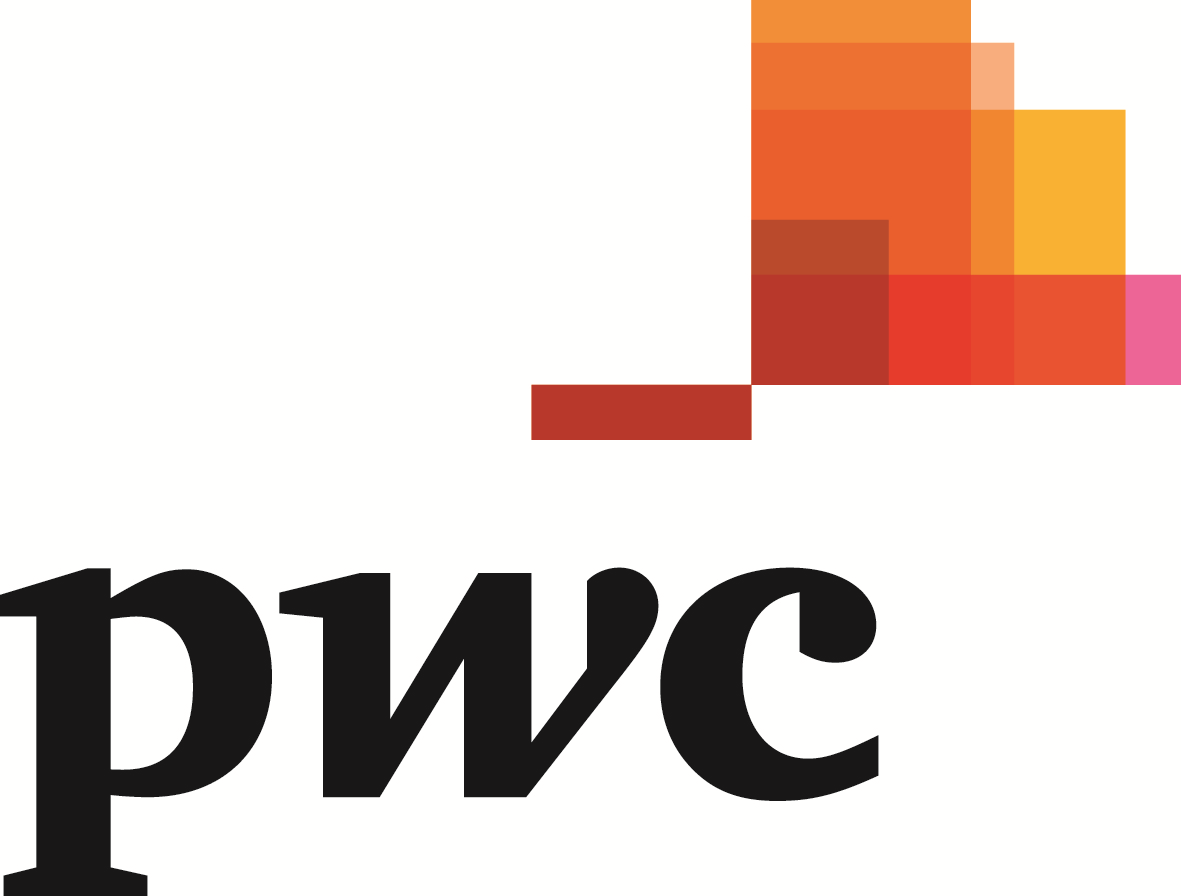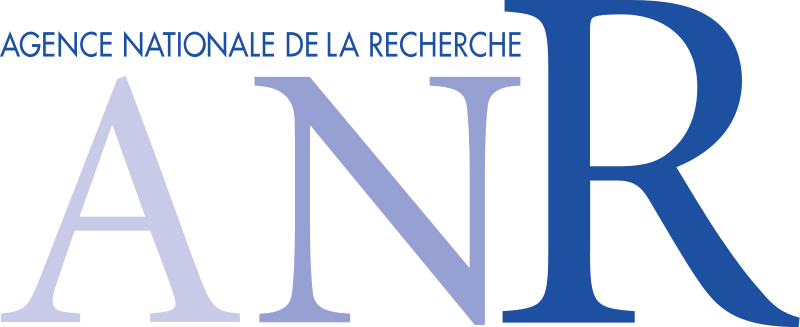07/12/19
- publications

Two researchers from Télécom Paris, David Bounie and Winston Maxwell, describe for “Le Monde” the tangible solutions to tackle the risks of discrimination that platform algorithms can generate.
More and more examples in justice, health, education and finance, show that artificial intelligence (AI) tools cannot be deployed without control in security systems or access to essential resources. Without these safeguards, they could generate biases, potentially discriminatory, difficult to interpret and for which no explanation is provided to end-users.
The conclusion is becoming increasingly clear: AI must integrate ethics from the design of algorithms. The ethical performance of the algorithm (absence of discrimination, respect for individuals, etc.) must be included in the performance criteria, along with the accuracy of the predictions.
But integrating ethics into algorithms raises titanic challenges, for five reasons: First, ethical and legal standards are often unclear, and do not lend themselves to mathematical formulation […] Second, ethics is not universal [ …] Third, ethics are political […] Fourth, ethics are economic […] Fifth, ethics are temporal.


